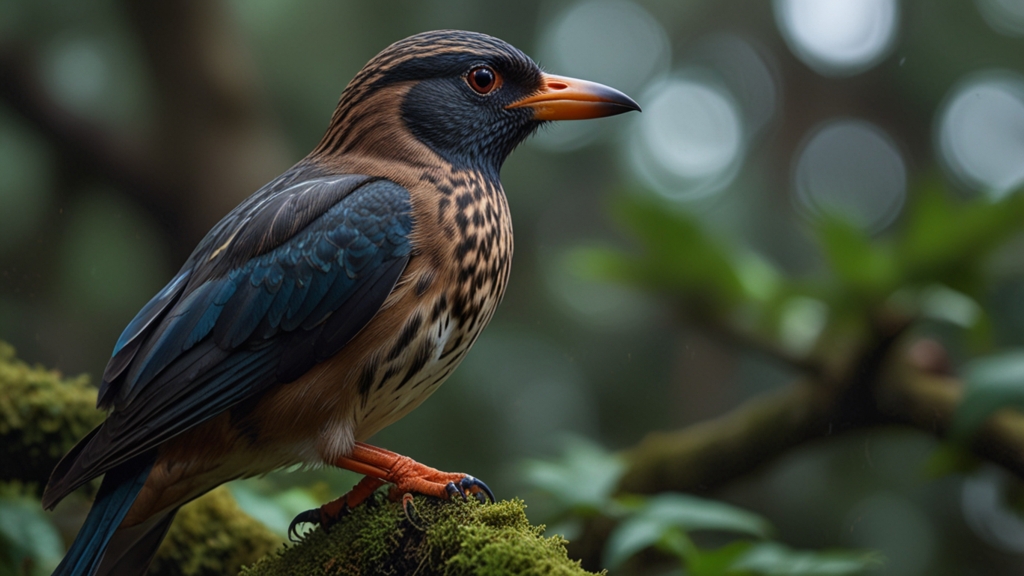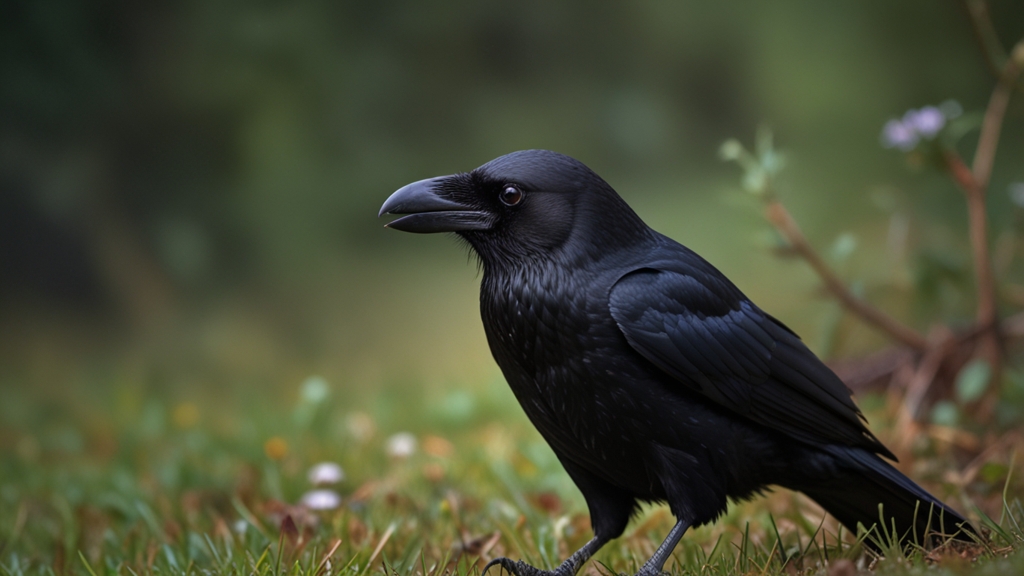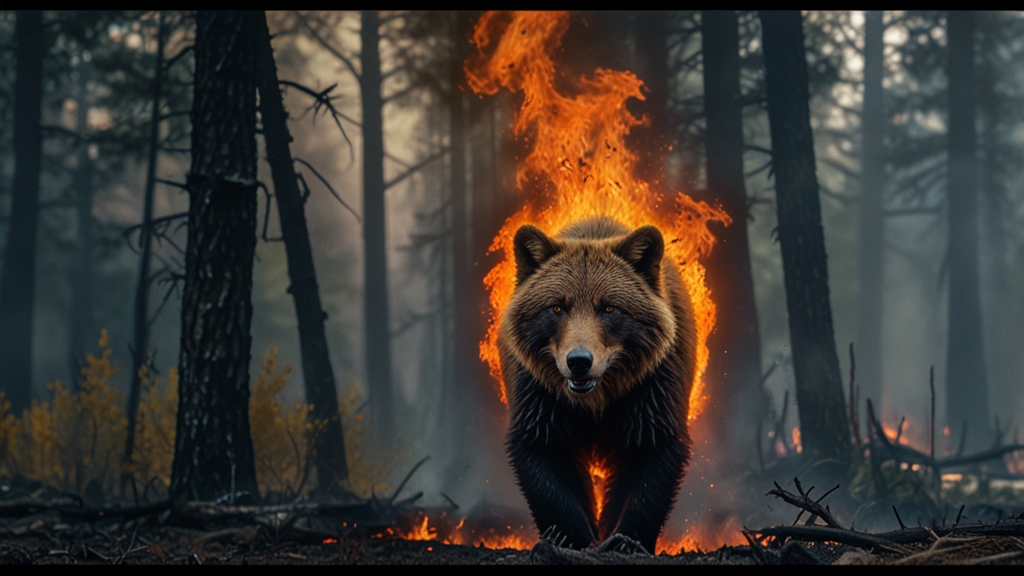The Mysterious Disappearance of Bird Species: Is It Too Late?
The world is currently witnessing an alarming decline in bird populations across various ecosystems. Once common species are becoming rare, and some are vanishing altogether. This phenomenon is a mystery that has baffled scientists, conservationists, and bird enthusiasts alike. But the question that lingers in many minds is: Is it too late to save these disappearing bird species?
The Alarming Statistics
According to a comprehensive study published in Science, the North American bird population has declined by nearly 3 billion birds since 1970. This staggering number represents a loss of about 29% of the total bird population on the continent. The situation is equally dire in other parts of the world, where habitat loss, climate change, and hunting pressure are contributing to a similar decline.
"Birds are the proverbial canary in the coal mine," says Dr. Jane Smith, an ornithologist at Cornell University. "Their decline signals broader environmental degradation that could eventually affect human populations as well."
Possible Causes of Decline
The reasons for the drastic reduction in bird species are multifaceted. Chief among them is habitat destruction. Forests, wetlands, and grasslands, which provide essential food and nesting sites, are being converted into agricultural land or urban spaces. This leads to a fragmentation of habitats, making it difficult for birds to find the resources they need to survive.
Climate change is another crucial factor. Altered weather patterns affect migratory routes and the availability of food throughout the year. Birds that rely on specific climate conditions to thrive often find themselves struggling to adapt to rapidly changing environments. Additionally, the use of pesticides and chemicals in agriculture has a devastating effect, killing not only the insects that birds feed on but also the birds themselves through bioaccumulation of toxins.
"Pesticides work their way up the food chain, with small doses accumulating in bird species that eat contaminated prey," explains Dr. Mark Thompson, an ecologist at the University of Cape Town. "Over time, these chemicals cause dire health effects, leading to reproductive failures and increased mortality."
Conservation Efforts and Success Stories
Despite these grim statistics, not all hope is lost. Various conservation efforts have shown that it is possible to reverse the decline in bird populations. Protected areas provide safe havens where birds can live and breed without the immediate threats of habitat loss and human interference. These areas are critically important for the preservation of endangered species.
For example, the establishment of the Cape May Migratory Bird Refuge in New Jersey has been a tremendous success. The refuge offers a critical stopover for migratory birds, providing them with the resources they need to complete their long journeys. Moreover, some bird species have shown remarkable adaptability to changing conditions. Conservationists are working to enhance these adaptive traits through habitat management and targeted interventions.
What Can You Do?
Individual actions can also contribute significantly to the preservation of bird species. Simple steps like maintaining bird feeders, planting native plants, and reducing pesticide use can create a more bird-friendly environment. Participating in citizen science projects such as the annual Christmas Bird Count or the Breeding Bird Survey helps scientists gather crucial data for ongoing research and conservation efforts.
Ultimately, the mysterious disappearance of bird species is a complex issue that requires coordinated global efforts to tackle. While the situation may seem dire, there is still an opportunity to make a difference. Through collective action and a renewed commitment to environmental conservation, we can ensure that the skies remain vibrant with the songs of birds for generations to come.
"The fate of birds and the ecosystems they inhabit are intertwined with our own," Dr. Jane Smith concludes. "By working to save them, we are also safeguarding our future."










